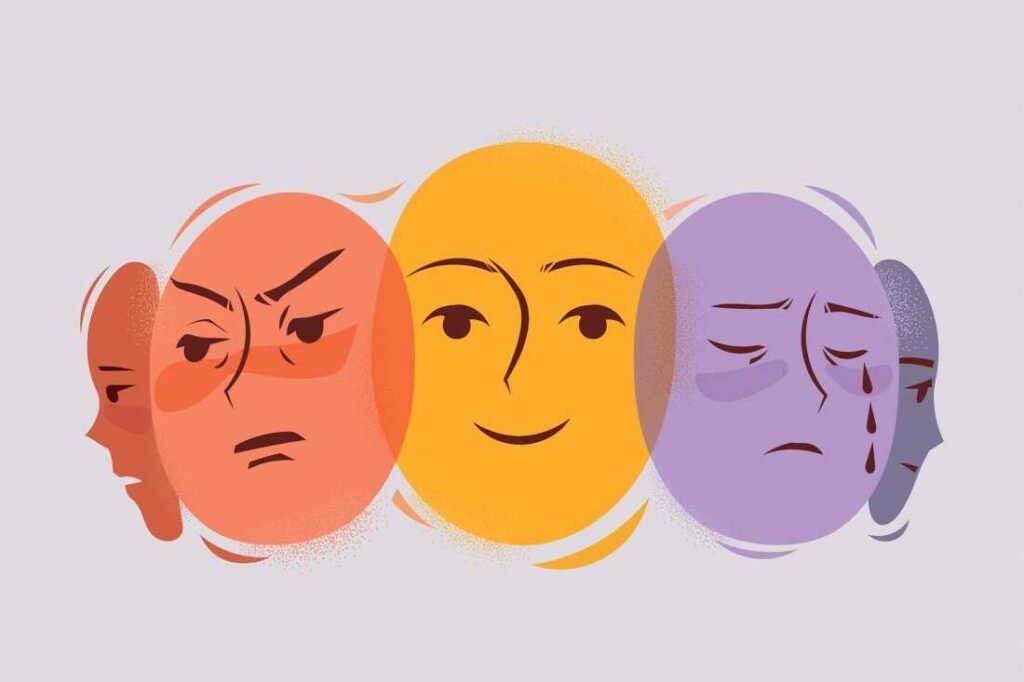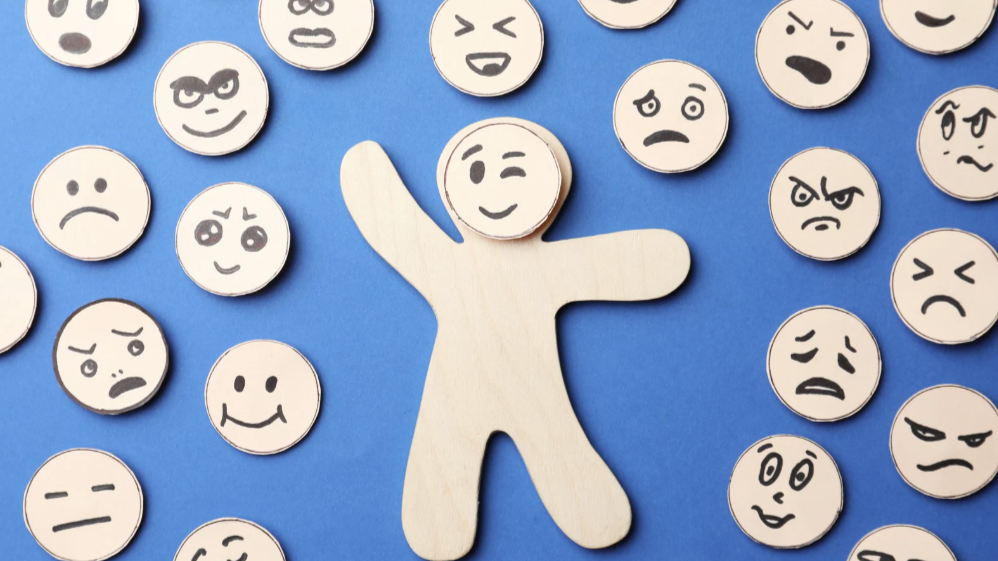Why Your Emotions Deserve Rest Too — Not Just Your Body
In today’s hyper‑connected world, rest has become synonymous with sleep, napping, or release from physical activity. Yet, one essential half of our wellbeing often gets overlooked: the emotional side. Just like muscles that need downtime to regenerate, our feelings need space to breathe, recharge, and heal. Over time, emotional exhaustion can leave us physically rested yet emotionally drained—a mix too many of us know all too well.
Recent trends from platforms like Google Trends and studies highlight that people are increasingly seeking not just physical rest but emotional recovery too—searches around emotional exhaustion, burnout, stress release, and help with feelings are spiking. According to a recent Medium piece, emotional rest means letting go of having to “be strong,” admitting you’re “not okay,” and allowing yourself to feel without expectation or judgment.
What Emotional Rest Looks Like
Emotional rest isn’t about bubble baths or spa days. It’s about:

- Releasing the performance: you don’t have to appear strong or unshaken.
- Speaking your truth: honestly expressing what you feel—and not what you should feel.
- Creating emotional space: journaling with vulnerability, saying no when overwhelmed, and letting others support you.
- Allowing silence and stillness, to just be without emotional input or output.
These practices might feel strange or even selfish at first—but they are the foundation for emotional resilience. As one wellness writer put it: “The more I practiced giving my feelings space, the less they screamed for my attention” .

Why It Matters
Without emotional rest, you might sleep and hydrate, yet still wake up exhausted, overwhelmed, or disconnected. Psychological impact? Anxiety, irritability, creaky relationships, and a persistent sense of numbness can creep in. The absence of emotional rest often means:

- Lingering burnout even after physical rest.
- Emotional disconnection from the self and others.
- Physical tension (in the chest, jaw, gut).
- A dullness that dulls joy—despite an otherwise restful routine .
It’s not about laziness or weakness—it’s a sign you’re human. Emotional rest is not optional—it’s essential.
The Science Behind Emotional Fatigue
Neuroscience suggests emotions, thoughts, and bodily sensations all arise from the same brain networks, which means if those networks are over‑activated, all systems become fatigued. Sustain that without emotional recovery, and even sleep won’t fully restore your system.
Real-world trends echo this. Google Trends and front-line mental health research show rising searches for emotional distress terms—a clear sign of collective emotional fatigue.
The Seven Pillars of Rest: Emotional as Essential
In her book Sacred Rest, Dr. Saundra Dalton‑Smith highlights seven categories of rest. One is emotional rest—the freedom to express feelings, face inner truths, and shed the mask of constant positivity . This is not a bonus; it’s a core necessity.
Easy Steps to Practice Emotional Rest
- Name what you feel—whether with a trusted friend, journal, or therapist.
- Give yourself permission to feel, without self‑criticism.
- Set healthy no’s—to events, conversations, even thought patterns that demand emotional output.
- Take regular emotional breaks—moments of stillness, breathing, or mindful breaks, even in small bursts.
- Seek supportive presence, not just advice—someone who hears, not fixes.
- Allow emotional limits—if your day’s sharing is done, it’s done.
TikTok trends like “bed‑rotting” and “floor time” reflect our cultural shift: rest doesn’t have to be productive. In fact, unstructured, emotional rest can be revitalizing.
Real Stories, Real Change
Here’s one reader’s journey:
“At first, I felt guilty saying ‘I’m not okay.’ But each time, it got easier. My mind relaxed. I felt more me again.”
What’s remarkable? They didn’t need a holiday or therapist every day—just emotional permission.

Restoring Emotional Energy: A Quick Routine
- Morning: Pause 3 minutes. Tune into your heartbeat. Name one feeling. Breathe.
- Midday: If overwhelmed, find a quiet corner. Close eyes. Inhale slowly. Exhale relief.
- Evening: Reflect in your journal. What emotion came up today? How did you honor it?
- Weekly: Schedule an “emotional check‑in”—an honest chat with yourself or someone you trust.
Final Take
Just as your body needs rest—from workouts, late nights, endless chores—your emotions need rest too. Emotional rest is not indulgent. It’s not weak. It’s not a reaction. It’s a powerful act of self‑honor.
And the rewards? Renewed connection, clarity, energy—and the simple freedom to just be.
Do follow UAE Stories on Instagram.
Inside Dubai’s Explosive Rise of Homegrown DJs and Secret Raves













